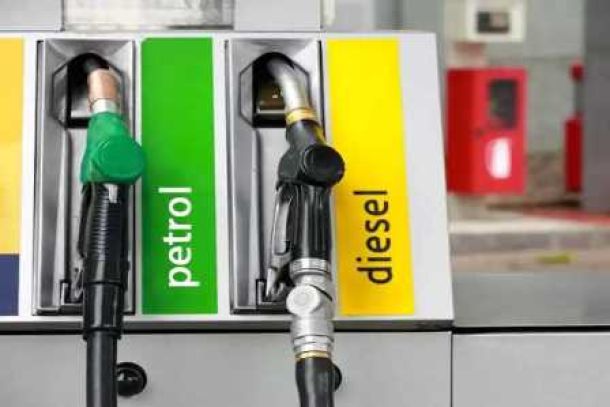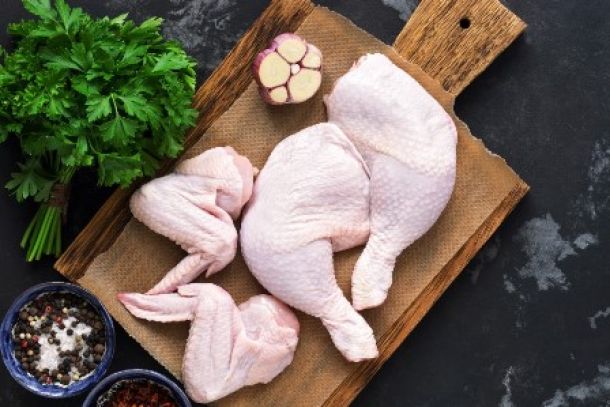More South Africans turn to store cards over credit cards
There has been a significant increase in the number of store cards held by consumers who elected to go under debt review in the first quarter of this year compared to the same period last year.
In addition the number of store cards had increased by some 5% from 15.2% to 20.8% as a category of credit agreement, said Neil Roets, CEO of debt counselling firm Debt Rescue in a statement on Tuesday (19 June).
Roets said that the age groups most enamoured with store cards were the groups below 21 and above 66 years of age of whom 30.3% owned store cards.
Despite this growing popularity, the most favoured credit instrument remained personal loans of which 38.9% of applicants who wanted to go under debt review had significant outstanding balances, he said.
In comparison, credit cards became less favoured debt instruments in the first quarter compared to the same period last year with a drop of nearly 3% to 21.7%.
“The bottom line is that most consumers are waiting far too long before they seek debt counselling – to the point where they are literally on the verge of losing all their belongings to debt collectors or to the point where we are actually unable to help them because their debt burden is simply too great to pay off in instalments and their only alternative becomes bankruptcy,” said Roets.
“The message is to act timeously while debt councellors can still help rather than waiting for debt collectors to start knocking on your door.”
Roets said that the outlook for consumers remains dire with the very real possibility of further increases in the price of fuel on the horizon and a hike in the prime rate beginning to look ever more likely with the currency taking a hammering and inflation looming large in the background.
Unaudited mid-month fuel data released by the Central Energy Fund (CEF) suggested that petrol my may increase by as much as 32 cents a litre, while diesel is poised for 30 cents a litre price hike taking the petrol price to an all-time high of over R16 a litre, Roets said.
“With more than half of all consumers three months or more behind in their debt repayments and consumers as a whole owning some R1.37-trillion in outstanding debt we are a nation in deep trouble.”
He said the fact the International Monetary Fund had decreased its forecast for South Africa’s growth rate, along with the big contraction in the economy in May, were matters for serious concern.
“We might even be heading for a technical recession with further downgrades by the ratings agencies if this trend continues,” Roets said.
News Category
- International retailers
- On the move
- Awards and achievements
- Legislation
- Wine and liquor
- Africa
- Going green
- Supplier news
- Research tools
- Retailer trading results
- Supply chain
- Innovation and technology
- Economic factors
- Crime and security
- Store Openings
- Marketing and Promotions
- Social Responsibility
- Brand Press Office
Related Articles

Confirmed: Petrol, diesel price cuts on Wednesday

Petrol price relief expected next week

SA poultry industry calls for targeted chicken ...

Empowering South African households through gro...


